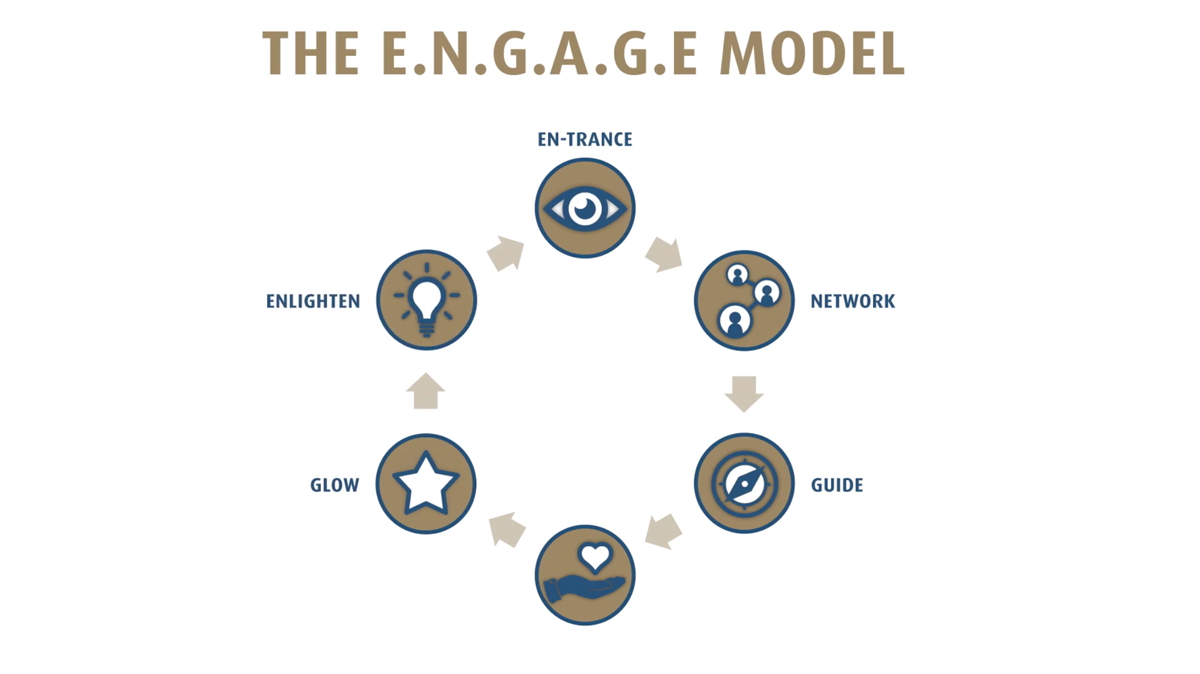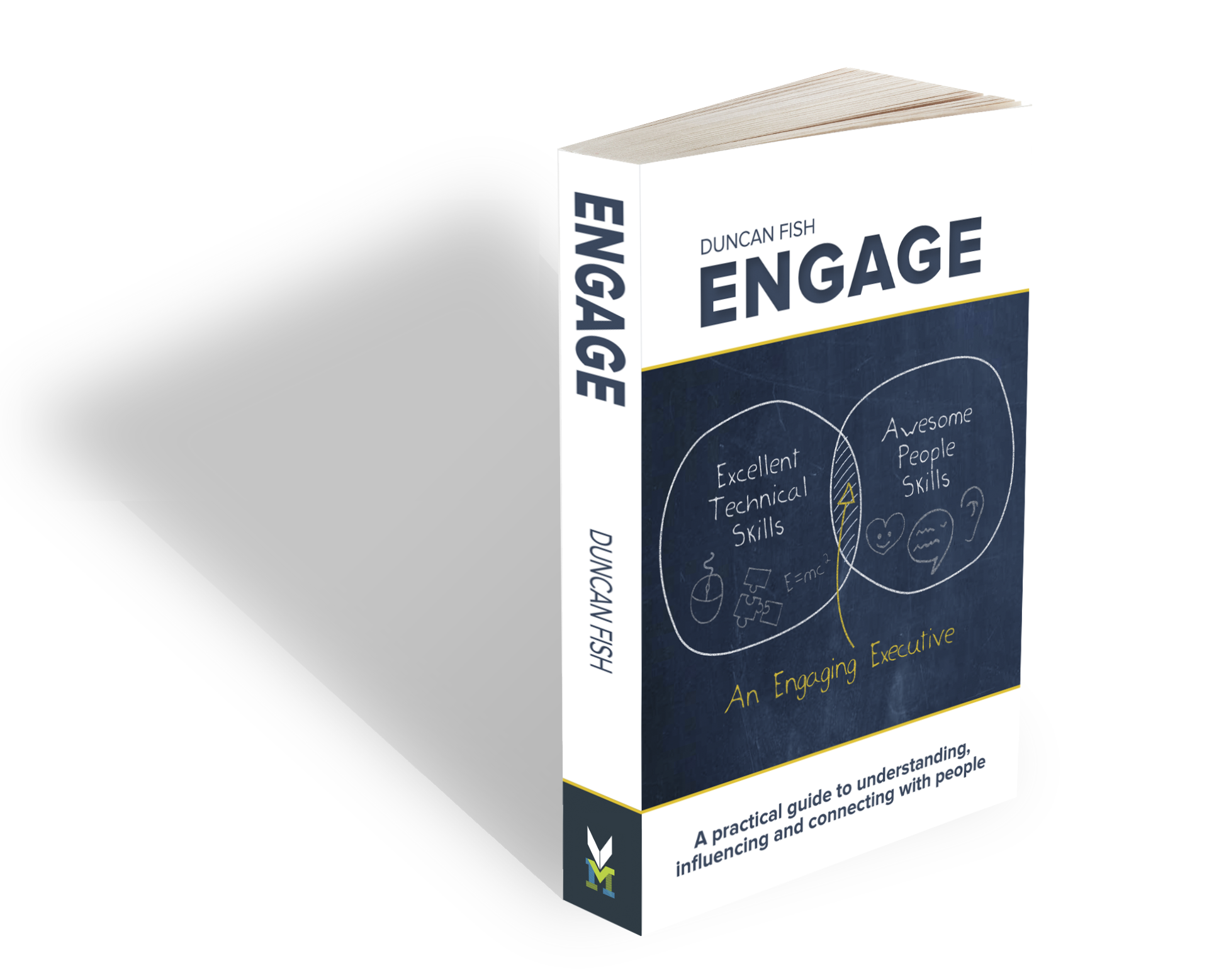Identify, Understand, React: Becoming Empathetic, Not Emotional
Posted By Duncan Fish on June 7, 2017

It’s not an uncommon issue, so you’re definitely not alone.
You see a coworker or friend or even loved one that’s a little more emotional than others, and your mind automatically deems them as weak, or unfit for a truly mentally strenuous, fast-paced, demanding career. You’ve probably come upon many such people throughout your life and simply thought, “I don’t have time for that,” and gone about your business. After all, why would you want to get sucked into an emotional spiral? You’ve got work to do! You’re a serious professional! You want to get the job done, now, and not waste time with petty emotions…right?
But here’s the thing — you may be hurting your career, your colleagues and yourself by dismissing these open emotions. Do some of your employees or the people on your team seem a little disgruntled toward you, or are they disengaged? Could it be because you’ve been dispassionate or logical in the face of their shared emotions at one point or another? Have you maybe come across as cold or unfeeling?
Now, we’re not saying you should jump into the emotional pool just because you’ve hurt some feelings or come across the wrong way, and now it’s hurting your chances of moving up the corporate ladder…but you may need to learn this very valuable skill: empathy.
Empathy is a fantastic skill to have in the business world, and comes in handy in establishing your role and negotiating your way through life.
So, what’s empathy?
Put simply, it’s the ability to understand someone else’s feelings and experience from their point of view. It’s putting yourself in their shoes.
The first step to becoming empathetic is to learn to identify those feelings in others. You can recognise if your colleague or a member of your team is sad, angry, depressed, etc. (and often by minute changes in their behaviour, such as posture, breathing or vocal changes), and you can ask appropriate questions in order to understand things from their perspective. Then, you can react to that person by matching their energy level (you never want to greet a low-energy, down-in-the-dumps individual with a burst of insensitive enthusiasm), and then leading them at their own speed to a more positive place. It’s all about Identification, Understanding and Reaction, and it’s all part of being an Engaging Executive.
Of course, learning to be empathetic is easier said than done.
Find out how you can better identify your colleagues’ emotions, understand their point of view and react in a way that affects them positively. Take a tip from my Amazon best-selling book, ENGAGE.
You’ll see the results almost immediately, as you start to build trust and respect in your work relationships, reduce workplace tensions, encourage the sharing of information between colleagues and nurture a safe environment where everyone can feel free to be creative and collaborative!
Practice Empathy
A great method to quietly practice empathy is by ‘The Perceptual Positions Process’ to learn about it, read here.
If you feel you may be not be connected with your coworkers, this Vlog will introduce to you about building the social fabric.



